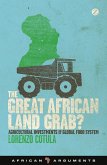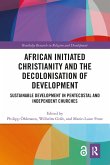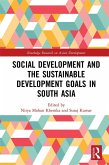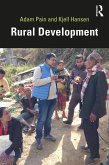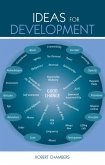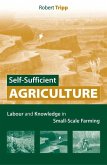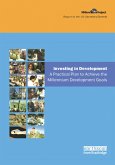In
The Great Curse, Albert Berry reviews the main episodes of agrarian reform undertaken in the twentieth century to remedy land concentration, including those of major communist and capitalist countries. Berry makes the case that, at its best, agrarian reform has resulted in enormous benefits, from the lowering of income inequality and social depravation to a rise in total agricultural output and faster overall growth. Despite the benefits, he finds that most reforms fell short of their desired outcomes due to conflict and partial or ineffective implementation. Overall,
The Great Curse provides an understanding of how landholding inequality arises, of its implications for development in the short and long term, and of what policies have the potential to fix it.
Dieser Download kann aus rechtlichen Gründen nur mit Rechnungsadresse in A, B, BG, CY, CZ, D, DK, EW, E, FIN, F, GR, HR, H, IRL, I, LT, L, LR, M, NL, PL, P, R, S, SLO, SK ausgeliefert werden.



